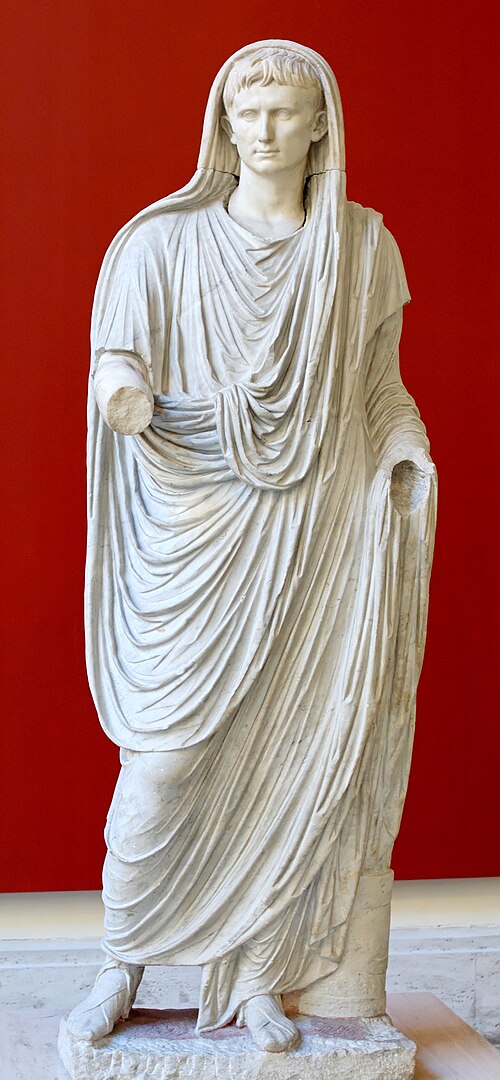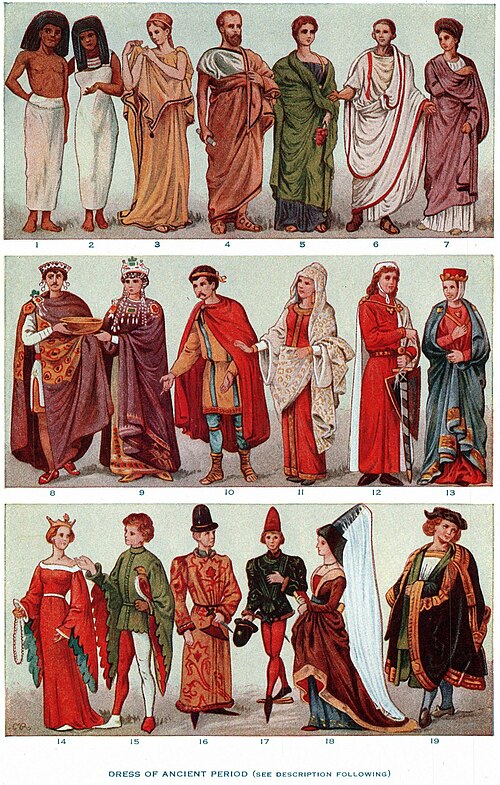Chitonnoun
(historical) A loose woolen tunic worn by men and women in Ancient Greece.
Chitonnoun
Any of various rock-clinging marine molluscs of the class Polyplacophora, including the genus Chiton.
Chitonnoun
An under garment among the ancient Greeks, nearly representing the modern shirt.
Chitonnoun
One of a group of gastropod mollusks, with a shell composed of eight movable dorsal plates. See Polyplacophora.
Chitonnoun
a woolen tunic worn by men and women in ancient Greece
Chitonnoun
primitive elongated bilaterally symmetrical marine mollusk having a mantle covered with eight calcareous plates
Chitonnoun
a long woollen tunic worn in ancient Greece.
Chitonnoun
a marine mollusc that has an oval flattened body with a shell of overlapping plates.
Chiton
Chitons are marine molluscs of varying size in the class Polyplacophora , formerly known as Amphineura. About 940 extant and 430 fossil species are recognized.
Toganoun
A loose outer garment worn by the citizens of Ancient Rome.
Toganoun
A loose wrap gown.
Toganoun
(Philippines) An academic gown.
Toganoun
The loose outer garment worn by the ancient Romans, consisting of a single broad piece of woolen cloth of a shape approaching a semicircle. It was of undyed wool, except the border of the toga prætexta.
Toganoun
a one-piece cloak worn by men in ancient Rome
Toganoun
a loose flowing outer garment worn by the citizens of ancient Rome, made of a single piece of cloth and covering the whole body apart from the right arm.
Toga
The toga (, Classical Latin: [ˈt̪ɔ.ɡa]), a distinctive garment of ancient Rome, was a roughly semicircular cloth, between 12 and 20 feet (3.7 and 6.1 m) in length, draped over the shoulders and around the body. It was usually woven from white wool, and was worn over a tunic.






















